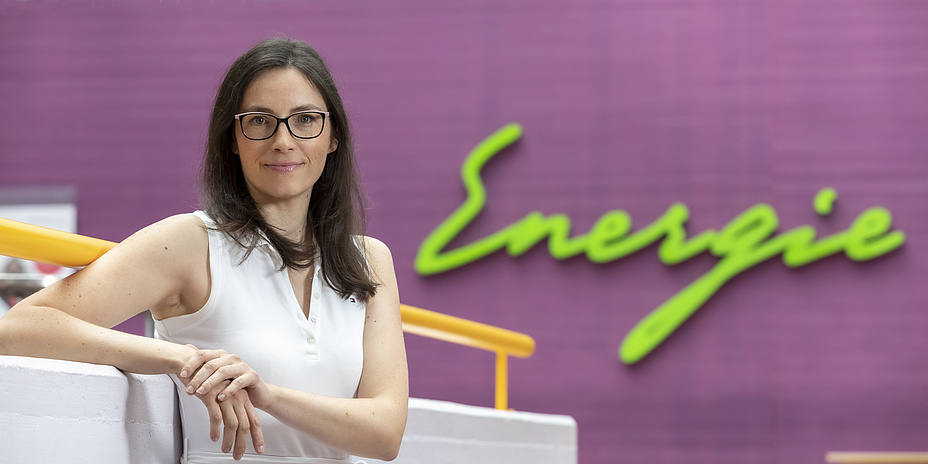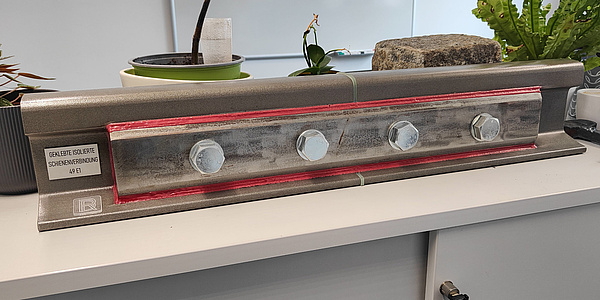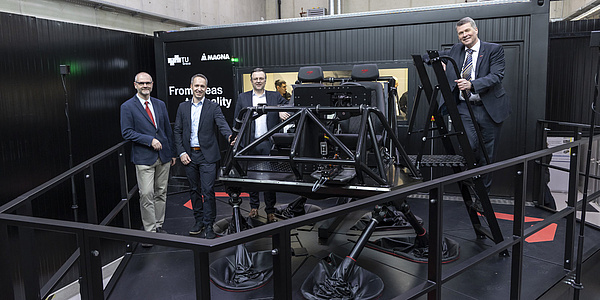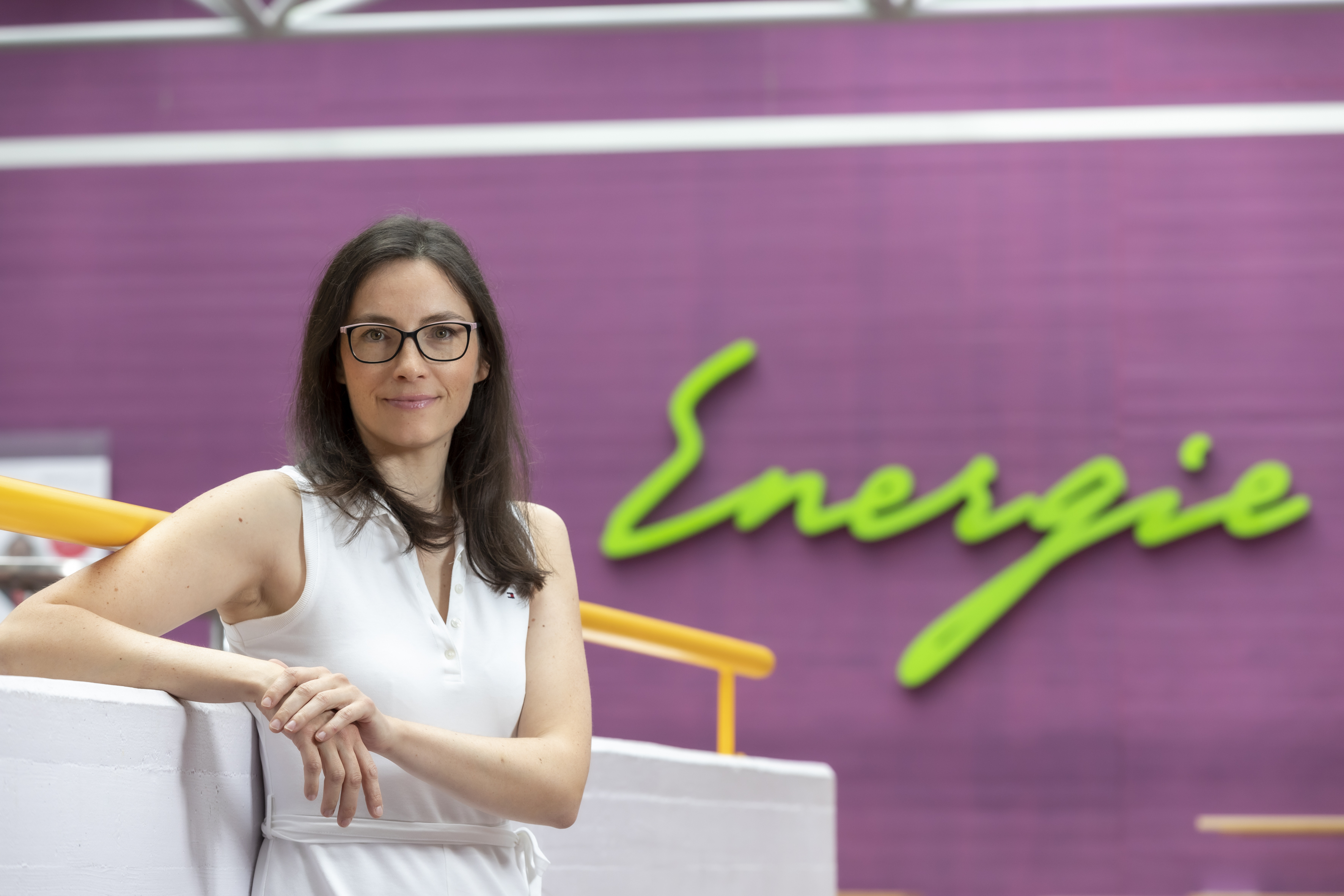ERC Starting Grant for TU Graz Researcher Sonja Wogrin: Innovative Data Aggregation for Decarbonised Power Systems

Power systems in Europe will be expanded and rebuilt in the coming decades to make them stable and carbon-neutral at the same time. Complex optimisation models are employed to make the right decisions on the path towards decarbonisation. But there is a catch. Models of realistic power systems are usually so large that even supercomputers are pushed towards their performance limits. This means that much input data (such as time series of power demand or capacity factors of renewable energy sources) is aggregated, which makes the models numerically solvable but less accurate. Sonja Wogrin, head of the Institute of Electricity Economics and Energy Innovation at Graz University of Technology (TU Graz), wants to change this with her five-year project “Optimisation and data aggregation for net-zero power systems”, for which she has secured a Starting Grant of almost 1.5 million euros from the European Research Council (ERC).
Existing aggregation methods leave much potential unused
When creating optimisation models, traditional data aggregation usually focuses exclusively on the data itself, without taking into account the specifics of the optimisation model in question. This leaves a lot of aggregation potential unused, which affects the computing time and the quality of the optimisation results. As a result, investment decisions on power plant technologies, locations or grid expansion are suboptimal, so the restructuring of the energy system becomes more expensive. In her project, Wogrin wants to improve data aggregation and develop methods by which researchers can create more meaningful models with the same computing power and thus benefit society immensely. “The global power generation market size was estimated at USD 1.8 trillion in 2022” explains Wogrin. “Even if novel aggregation methods lead to decisions that are only one percent better, the impact is huge.”
Taking into account different supply situations
Wogrin’s research approach does not simply focus on single representative periods where system data is similar. Within these periods you have to differentiate whether the power supply is temporarily guaranteed purely by renewable energy (hydropower, wind, PV), or whether thermal power plants have to be switched on, or whether there could even be situations with an overall loss of load. When data of these time periods are looked at on average, situations of undersupply in the model can be completely overlooked – periods which are critical for reliable planning. Therefore, Sonja Wogrin would like to use her new method to combine situations with similar model outcomes in order to obtain compressed and yet differentiated model data.
“If we want to plan the decarbonised energy system of the future properly, there is no way around reliable modelling. After all, we have to make wise investment decisions. These models and methods should then also be available to everyone,” says Wogrin. “I am convinced that this new way of aggregating data is not only relevant to my field of research, but provides fundamental tools that can help scientists around the world.”
Fiver new positions for researchers
The funding will enable Wogrin to put together a team of probably three PhD students and one or two postdocs. The positions are to be advertised and filled before the end of the year. The ERC awards Starting Grants to researchers who conduct ground-breaking research early in their careers and establish their own independent research groups. Sonja Wogrin's Starting Grant is the eighth Starting Grant awarded to researchers at TU Graz and the first in the Department of Electrical Engineering at TU Graz. In addition, three Consolidator Grants and one Proof of Concept Grant have been obtained in the past.
Personal details:
Sonja Wogrin has headed the Institute of Electricity Economics and Energy Innovation since 2021 and the cross-faculty Research Center ENERGETIC at TU Graz since 2023. Optimisation models for complex systems, energy analytics and the decarbonisation of energy systems are among her central research goals.
This research area is anchored in the Field of Expertise “Sustainable Systems”, one of five strategic foci of TU Graz.
Would you like to receive the latest stories, news, research stories, interviews or blog posts from TU Graz directly on your smartphone or in your email inbox? Subscribe to the TU Graz Telegram newsletter free of charge.
Kontakt
Sonja WOGRIN
Univ.-Prof. Dipl.-Ing. Dr. M.Sc.
TU Graz | Institute of Electricity Economics and Energy Innovation
Phone: +43 316 873 7900
wogrin@tugraz.at





